Frozen conflicts
Monday, 13.08.2007.
15:39

Frozen conflicts
He said, "That's the wrong question. We must stop talking about conflict resolution and start thinking about conflict management."In other words he is one of an influential segment within the EU, which is pressing hard to deal with the Kosovo question in the time-honored European way of doing nothing at all in the face of difficult issues where emotions run high. Kosovo would become just another "frozen conflict."
I asked him if that option was not a sure guarantee for action by the Kosovo Albanians, which would include serious and unpredictable levels of violence. I pointed out that their leadership has recently been stressing patience simply because they are 100 percent certain that independence is coming by year-end due to the statements of President Bush and other Americans. If that promise is not fulfilled, it seems to be fairly certain that we can expect an extreme reaction.
Again, his reply was interesting. First of all, he said "that's your problem, not our's. You (the Americans) are the ones who have created the situation, so it is up to you to deal with it." But secondly, he was dismissive in general of the threat of violence, believing that it will be relatively minor and easily contained.
Once the Kosovo Albanians understand that the international community is aligned in discouraging any action on independence, he believes they will simply have to accept it.
Underlying his overall attitude was the clear realization that at the end of the day, it will be the EU, which will have the thankless, long-term job of dealing with the economic basket case, and democratically challenged Kosovo. Given that reality, he resents being pressed to take or accept measures with which he profoundly disagrees.
While key EU members of the Contact Group have indicated privately a willingness to proceed with unilateral recognition of Kosovo independence later this year once all possible avenues have been exhausted, they will be coming under increasing pressure from within their own ranks to avoid taking this step.
Unless there is full EU consensus, for example, there will not be a EU Mission in Kosovo to replace UNMIK. EU assistance to Kosovo could be blocked as well. Moreover, antagonisms over unilateral action on this question could make it more difficult to act within the EU on many other questions. Maintaining unity within the EU is an almost sacred mission.
Those countries considering unilateral action will have to be asking themselves (and will be asked by other EU countries) just how important Kosovo is to them in the larger picture. The answer is "not very." Moreover, the growing opposition to unilateral action consists of several countries/leaders with real expertise in the Balkans, giving their arguments more weight.
At the end of the day, then, it may all come down to a judgment by key international players within the EU about what is the more serious threat to long-term peace and stability in the region: recognition of Kosovo independence without UN Security Council blessing or stone-walling on independence and incurring the wrath of the Kosovo Albanians.
Both contain significant risks. As the EU member countries consider these options, all will also be aware of the damage, which can be done to EU unity if a consensus on a common approach does not emerge.
We were all reminded of the potential for violence this week with the armed attack on police forces in southern Serbia. While we in the international community have worked long and hard with the Serbian government and community leaders of all ethnic groups in southern Serbia to alleviate tensions there, it also is absolutely clear that the fate of that region is closely and irrevocably linked to the fate of Kosovo itself.
Violence in Kosovo will inevitably bring violence to southern Serbia as well. The attack in southern Serbia should be a reminder of how fragile the peace is there, as well as in Kosovo.
The attack had a sophistication about it in that Kosovo Albanian leaders can claim no knowledge or responsibility for actions outside of Kosovo, while at the same time reminding everyone of the potential for violence which lies right beneath the surface.
My own view of Kosovo is based almost entirely on long-distance observation and media reports. I have never lived in Kosovo and my visits there have been infrequent. I cannot claim to have the sort of direct insight into the Kosovo Albanian character, which is necessary to accurately predict their response.
My impressions are also probably colored by years of living in Serbia. But, having underscored all of the above, I have to admit that it seems that of all the ethnic groups in the former Yugoslavia, the one, which has not "learned" to avoid the use of violence, are the Kosovo Albanians.
In fact, their experience has been just the opposite. Years of passive and peaceful protest in the Milošević years accomplished absolutely nothing, other than to create a generation of poorly educated young people facing difficult challenges in the years ahead.
It was only the unilateral violence undertaken by the KLA against the express wishes of Ibrahim Rugova and the International Community, which led ultimately to Western intervention, and the banishment of Serbian forces from Kosovo.
I also recall the internal violence against political parties in Kosovo over the past several years, which has led to several members of Rugova's party being killed. Potential Albanian witnesses in war crimes trials have been killed and intimidated. Members of the Kosovo Protection Corps have rather routinely been "busted" for planning or carrying out terrorist actions against the ethnic Serb community.
Kosovo Albanian extremists fueled the fighting and violence in neighboring Macedonia a few years ago. The March riots of 2004, attacking UNMIK and the ethnic Serb community came with a violence, intensity, and speed, which shocked and surprised the international community.
The potential "rebellion" in southern Serbia in 2000-2001 was quelled thanks in no part to the Kosovo Albanian leadership, which denied knowledge, responsibly or influence over the perpetrators.
The common denominator in all these events is the willingness to use violence and terrorism.
Given all of the above, it seems inevitable that we can expect a firestorm of violence once Kosovo Albanian extremists understand that independence has been indefinitely postponed. The standard European benefits, promises, and "soft power" won't begin to dissuade them. The violence will take many forms, some of which can be contained by concerted KFOR action, but others which are far more difficult to handle.
What do we do, for example, about covert terrorist action in the form of land mines, nighttime ambushes in isolated locations, and even mortar attacks on international bases and ethnic Serb communities?
One factor for sure. The Bush Administration will not want its troops involved in violence in yet another country in addition to Iraq and Afghanistan in the run-up to next year's elections. This adds yet another reason why the U.S. Administration will want to deal with this problem this year and in a way which keeps its troops out of harm's way.
That means unilateral recognition and turning the implementation over to the EU. Keeping key EU countries in line for this solution, however, will take intense diplomatic efforts at the highest levels. This is an art in which the current Administration does not excel. Moreover, this solution opens the Pandora's box to a myriad of problems capable of engulfing several countries in the region.
In other words, decision-makers now have to choose between two highly undesirable alternatives, both of which are destined to bring with them unpredictable levels of violence and discord.













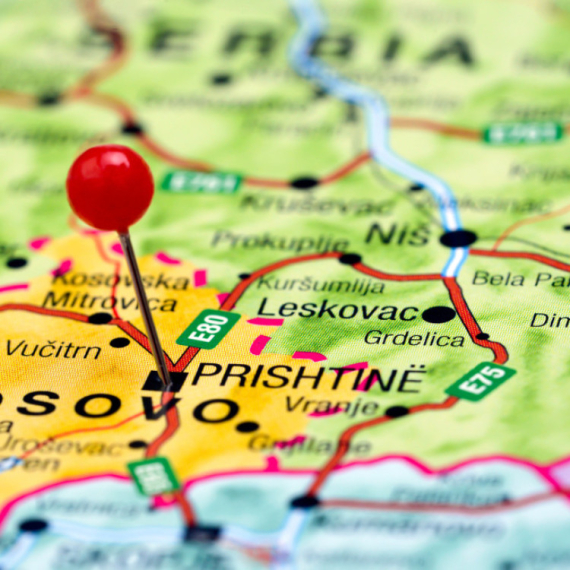

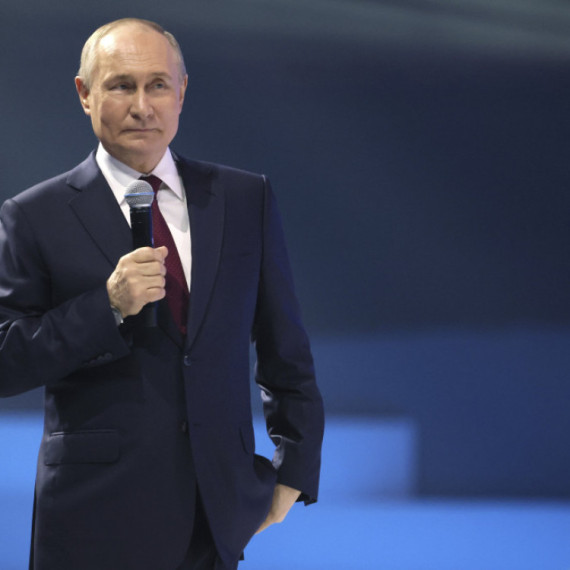

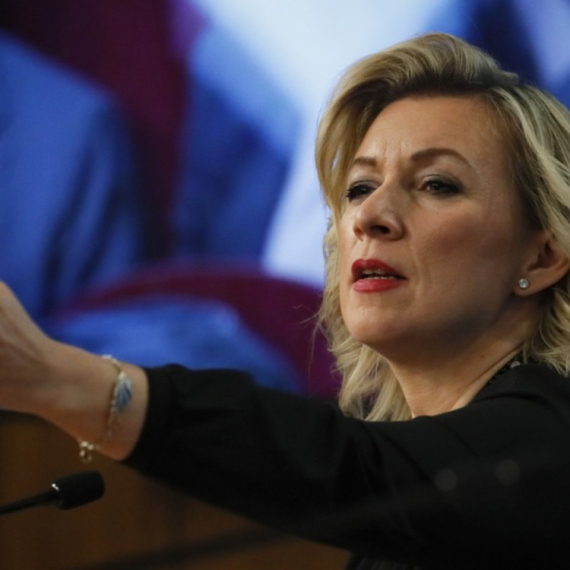




















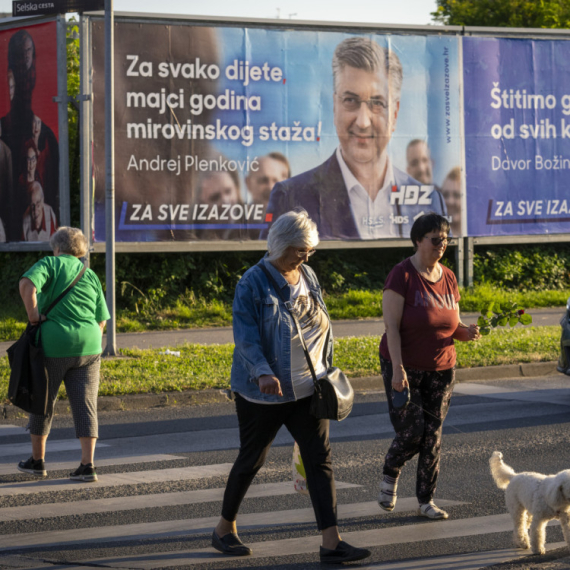













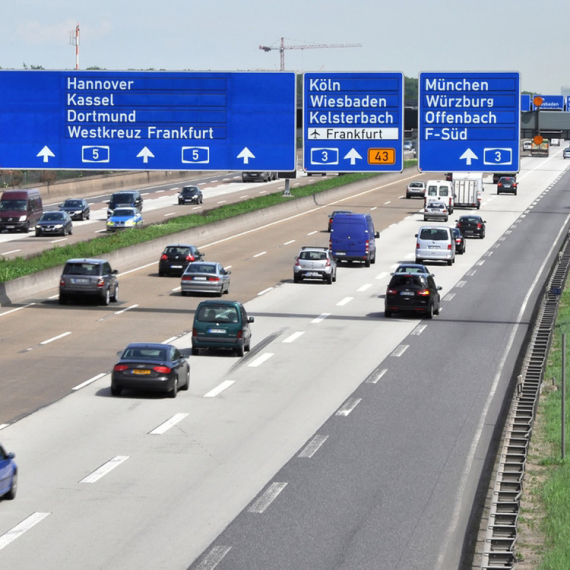



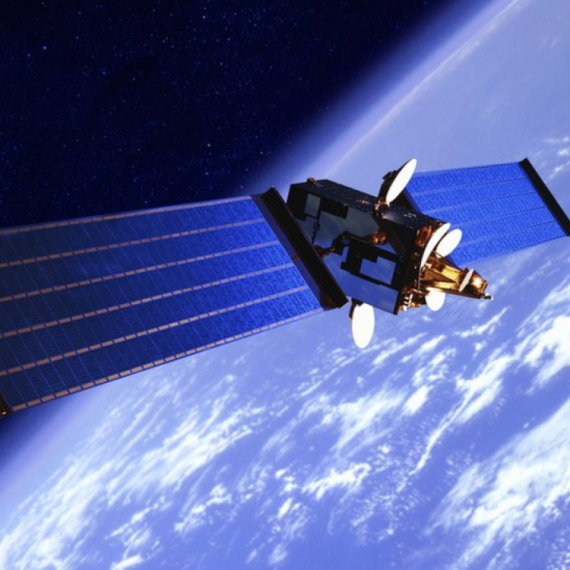


Komentari 27
Pogledaj komentare